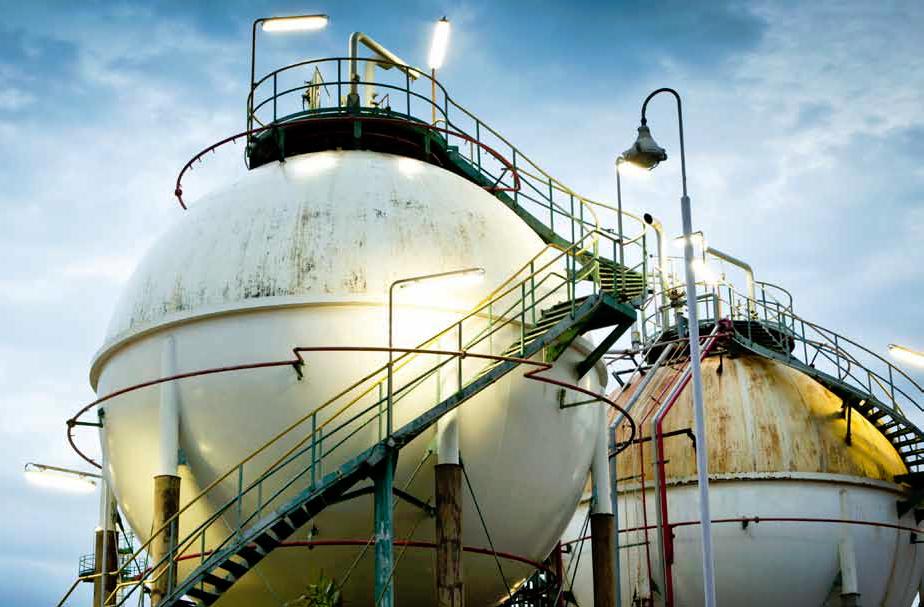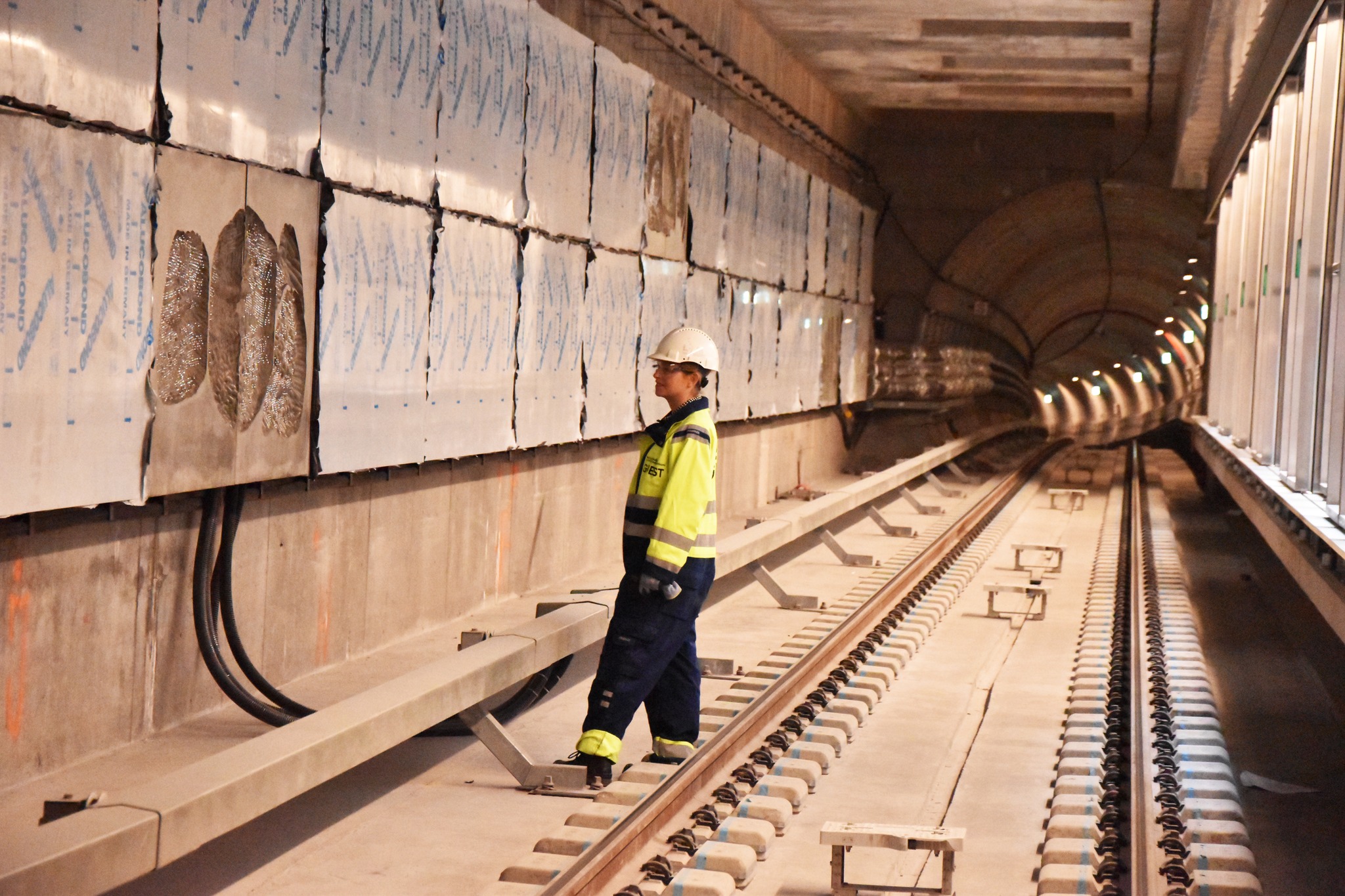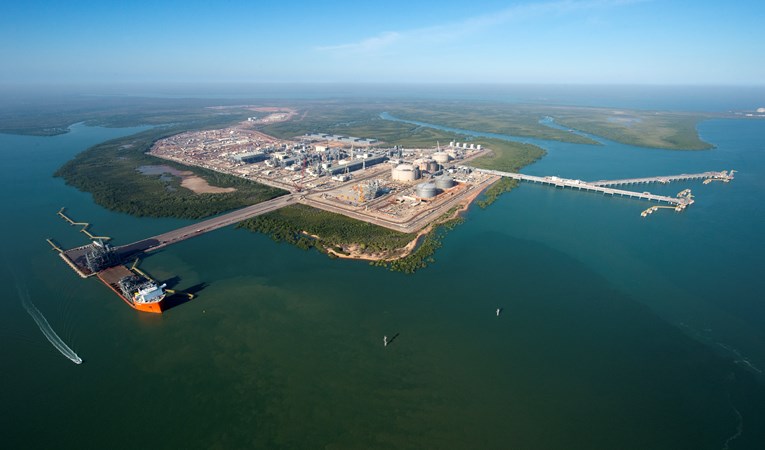
At the hub of Iraq's oil and gas infrastructure regeneration, SCOP shows how complex engineering projects can be delivered in a challenging environment through innovative contracting and creative partnership models.
Whatever the truth about the conflict in Iraq being driven by the US’ desire to secure its interest in the country’s oil reserves, in the era following the overthrow of Saddam Hussein in 2003 its story without doubt has been ‘all about oil’. Though the data are still unreliable (official statistics have not been revised since 2001 and are largely based on two dimensional seismic data dating back to the 1970s), the current government thinks that Iraq's oil reserves are the largest in the world, amounting to upward of 350 billion barrels. Even the independently confirmed levels of 143 billion barrels put Iraq at third place in the world league.
This is a country that has maintained itself on oil throughout its unfortunate recent history. Through two Gulf wars and its ill-advised invasion of Kuwait and a long period of sanctions that led up to the invasion of 2003, oil has accounted for something in the region of 95 percent of its foreign exchange earnings. Even now nobody seems certain how much oil and gas remains to be discovered.
Following its virtual destruction, Iraq’s oil infrastructure needs to be modernised, and that will take a great deal of investment. A large reconstruction programme notwithstanding, the Iraqi oil industry has not been able to meet oil and gas production and export targets. According to the World Bank an additional $1 billion per year would need to be invested just to maintain current production. Long-term reconstruction costs in Iraq could reach $100 billion or higher, of which more than a third will go to the oil, gas and electricity sectors. Another challenge to Iraq's development of the oil sector is that resources are not evenly divided across sectarian lines. Most known resources are in the Shia areas of the south and the Kurdish north, with few resources in control of the Sunni population in the centre.
International investment is therefore crucial to boost the Iraqi economy. At present there are three major Iraqi oil refineries, the Baijia and Doura refineries in Baghdad and one at Basra in the south. The total capacity of these refineries is approximately 720,000 barrels per day (bpd); however, at present they are all working at below their capacity, producing something in the region of 500,000 bpd.
Iraq is now planning to double its refinery capacity by 2017 and a vast number of oilfield service, development and extraction projects need to be put out to tender. This is the job of the State Company for Oil Projects (SCOP), which as an entity within the Ministry of Oil implements petroleum and gas projects. The company employs international methods and standards in preparing basic and detailed designs, materials and machinery supply, site project execution, testing and engineering inspection for pipelines and tanks and welding works, to ensure performance of projects during commissioning and test-run.
Each project has its own budget and SCOP works with its approved contractors to specify a schedule for completion. It alsoprepares basic designs for each project, inviting tenders whether for the whole job or in parts. Once proposals have been approved, SCOP moves on to detailed design, including preparation of bills of materials, equipment requirements, tender documents, contracts, and moves on to oversee the execution of the project right up to the hand-over point.
One of the biggest projects coming up is the new refinery to be built at Kirkuk, in Kurdish northeast Iraq. The Kirkuk oilfield discovered in the 1920s is the hub of northern Iraqi oil production. SCOP will be offering the construction of the Kirkuk oil refinery to international companies on a build, operate and own (BOO) basis in December 2012. Under a BOO contract, a private company is granted the right to develop, finance, design, build, own, operate, and maintain a project. The private sector partner owns the project outright and retains the operating revenue risk and all of the surplus operating revenue in perpetuity – this is an increasingly popular way for governments to fast track major infrastructure projects since it shifts the risk to the contractor, in exchange for very considerable upside potential.
As Salar Ameen, deputy chairman of Iraq's National Investment Commission (NIC) has commented: “Feasibility studies are ongoing with two Italian and American advisers. The Iraqi oil ministry will make public the specifications before the end of the year. The refinery will cost approximately $6 billion with a capacity of more than 150,000 barrels per day of oil.” Companies from the US, China, Korea, Saudi Arabia and the UAE have expressed their interest in bidding for the project and construction is expected to be completed by the end of 2016, he said.
The Kirkuk refinery project is part of the oil ministry's plan to build four refineries across the country to meet increasing domestic demand. These refineries, located in Maissan, Karbala, and Nassiriyah as well as Kirkuk will have a total capacity of 740,000 bpd of oil at an estimated cost of $20 billion and are being planned purely to satisfy domestic demand. However as Dr Ali Hussain, one of the Middle East's most respected independent oil consultants has commented: “There is a need to build a further refinery with the sole purpose of exporting oil products. This would need to be a large facility with a capacity of at least 500 million barrels, and if located in Basra near the Gulf, the refinery would be in a prime location to export its products." The opportunities for overseas engineering firms and O&G equipment suppliers used to working within large EPC projects are manifold, and among the international firms which have already secured contracts or expressed interest are Foster Wheeler, the Shaw Group, Technip, Saipem, KBR and Penspen.
As an example, in August 2012 the UK oil and gas engineering group Penspen signed an agreement with Siemens to provide engineering and procurement services for a new simple cycle power plant in Southern Iraq. Siemens had agreed a base scope with SCOP to work on the engineering and supply of the power plant and had in turn contracted Penspen to provide engineering and procurement services for the balance of plant. Under the terms of the agreement, Siemens is to provide the engineering and supply of the power island on the Al Fao peninsula, and Penspen will provide the remaining engineering and supply of the balance of plant (BOP) equipment/materials. Work began in August and is expected to go on until 5 October 2013. There is also potential for a further additional scope of works to be agreed. Senior project manager Eduard Ilie said that this would be an important project as it would provide a solid basis for the further development of the company's presence in Iraq and throughout the Gulf Region.
While SCOP and its energetic director-general Ms Nihad Ahmad Moosa will be fully stretched to deliver such ambitious refinery targets, SCOP has the advantage of having formed excellent working relationships with its multinational partners. The global engineering and construction company and power equipment supplier Foster Wheeler has worked closely with SCOP to develop strategically important projects like its ongoing FEED (front end engineering and design) contract for the new 300,000 barrels per stream day (bpsd) grassroots refinery at Nassiriya. The proposed world-scale refinery is being designed to be capable of processing 300,000 bpsd of indigenous crude oil to produce LPG, regular, premium and super grade gasoline, aviation turbine kerosene, kerosene, light gas oil, heavy diesel oil, fuel oil and asphalt, all meeting international product quality specifications.
SCOP has another key objective beyond simply getting the infrastructure built – it wants to acquire world class designs and practices. Accordingly Foster Wheeler is helping to train 35 Iraqi nationals in state-of-the-art study and FEED projects. In February this year the contractor provided in-depth training in successful feasibility studies to a group of five chemical engineers from SCOP, South Refineries Company and the Iraqi Ministry of Oil – merely a first step in a much larger technology transfer programme, claims the company.
Written by John O’Hanlon, research by Jon Bradley
DOWNLOAD
 SCOP-EMEA-Nov12-Bro-s.pdf
SCOP-EMEA-Nov12-Bro-s.pdf













